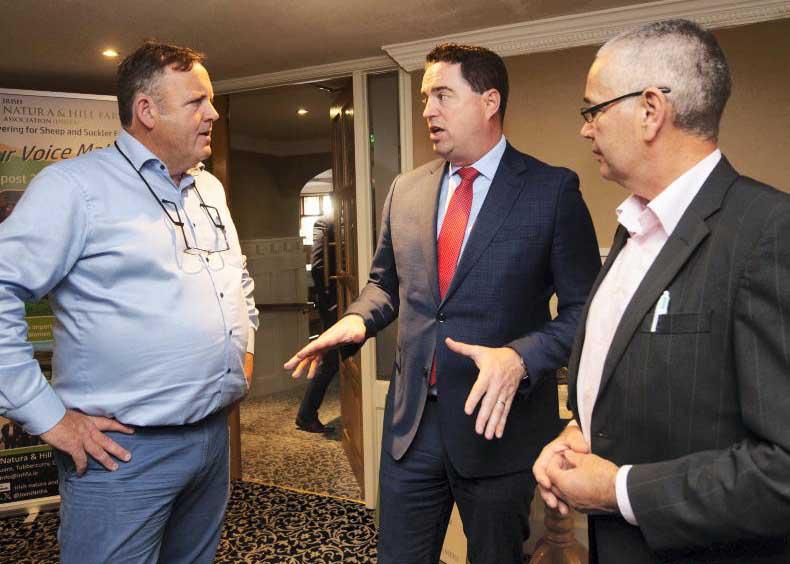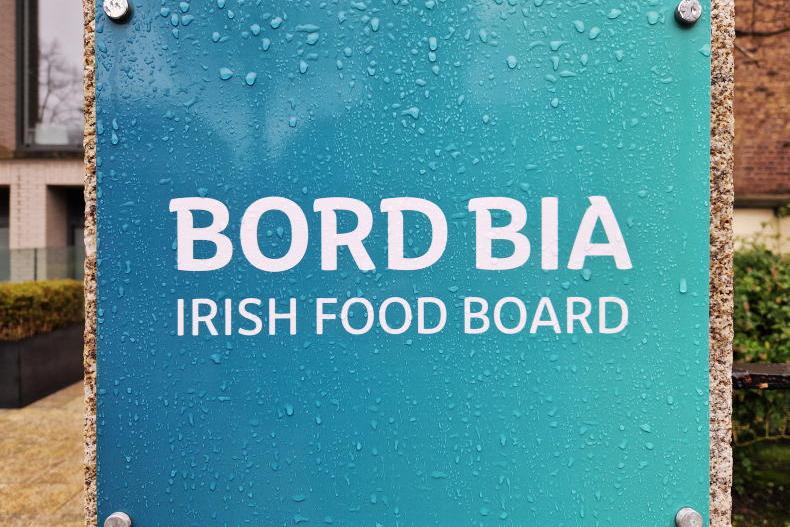Farmers will not accept any further environmental designations of their lands, despite EU plans to significantly increase the area being farmed under tighter restrictions, according to the Irish Natura and Hill Farmers Association (INHFA).
In a statement delivered to the Oireachtas Joint Committee on the Environment and Climate Change on Tuesday, the INHFA maintained that farmers had been poorly treated by the designation process in the past and would not allow agricultural activity on further lands to be restricted.
“With regard to the EU Biodiversity Strategy that proposes to double the area of land designated, the Irish Natura and Hill Farmers Association position is very clear - we will not accept any further designations on our lands,” INHFA president Vincent Roddy told the committee.
Proper consultation
“This view has been formed on the back of the current land designations, which were implemented without proper consultation and have undermined farmer income, but also failed in their intention to deliver improved biodiversity,” Roddy maintained.
“This failure is a result of farmers and landowners being sidelined and not supported through the process,” he added.
“Unfortunately, the process followed in this regulation is more of the same. There is scant reference to the landowners, with no ring-fenced budget or recognition of their property rights,” the INHFA leader claimed.
Restoration
With regard to the nature restoration regulation, the INHFA is particularly concerned with efforts to rewet drained peatlands. This process could affect up to 300,000ha of such ground in Ireland.
Roddy said the focus of the regulation is in protecting habitats, but he insisted that drained peatland was also agricultural ground and must be treated as such.
“We are of the view that all our lands are agricultural areas and should only be viewed in this context.
"Because if they are ever accepted as non-agricultural areas, then they will not be in a position to avail of future baseline payments under the CAP,” he told the committee.
The INHFA also expressed serious concern that environmental groups are being given the right to challenge EU governments on the implementation of the nature restoration regulation and the overall biodiversity strategy.
“This is a major concern, as this position could be abused by environmental NGOs to the determinant of landowners,” Roddy said.










SHARING OPTIONS